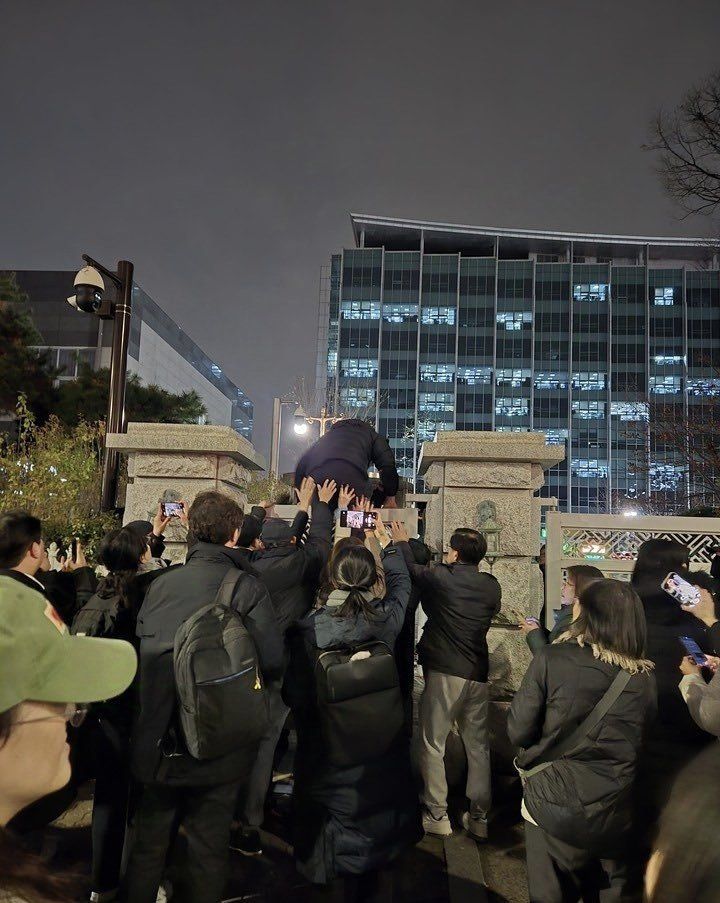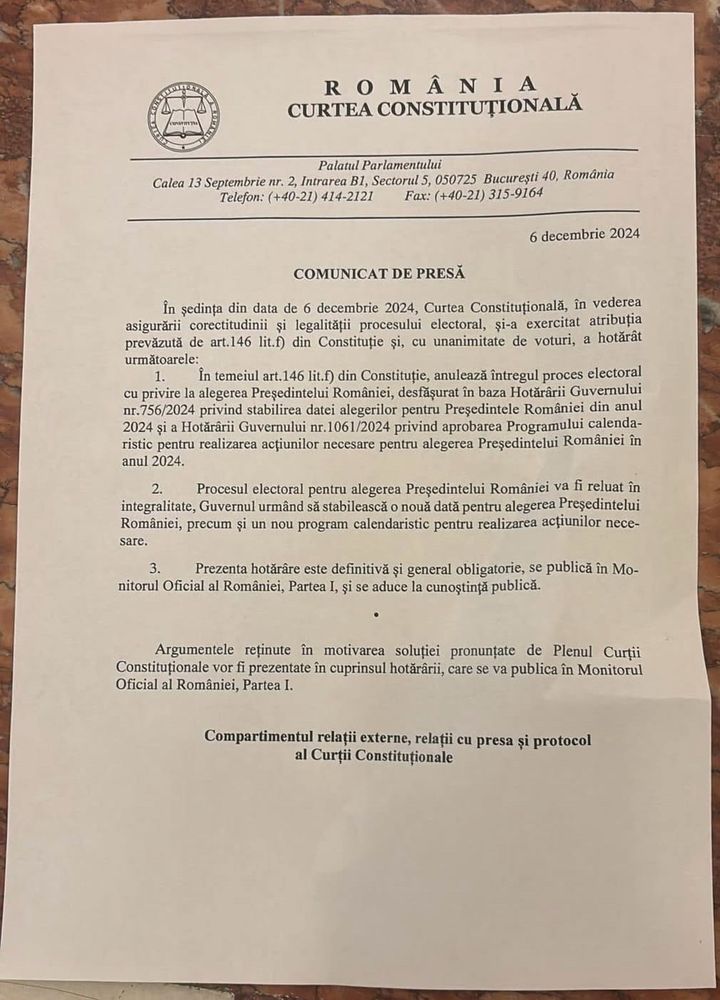Iran Begins to Evacuate Military Officials and Personnel From Syria
The withdrawals by one of President Bashar al-Assad’s key backers come amid a resurgent rebel offensive.
Iran began to evacuate its military commanders and personnel from Syria on Friday, according to regional officials and three Iranian officials, in a sign of Iran’s inability to help keep President Bashar al-Assad in power as he faces a resurgent rebel offensive.
Among those evacuated to neighboring Iraq and Lebanon were top commanders of Iran’s powerful Quds Forces, the external branch of the Revolutionary Guards Corps, the officials said.
Guards personnel, some Iranian diplomatic staff, their families, and Iranian civilians were also being evacuated, according to the Iranian officials, two of them members of the Guards, and regional officials. Iranians began to leave Syria on Friday morning, the officials said, speaking on condition of anonymity to discuss a sensitive issue.
Evacuations were ordered at the Iranian Embassy in Damascus, and at bases of the Revolutionary Guards, the Iranian and regional officials said. At least some of the embassy staff has departed.
Part of the evacuation is being carried out by planes to Tehran, while others are leaving via land routes to Lebanon, Iraq and the Syrian port of Latakia, the officials said.
“Iran is starting to evacuate its forces and military personnel because we cannot fight as an advisory and support force if Syria’s army itself does not want to fight,” Mehdi Rahmati, a prominent Iranian analyst who advises officials on regional strategy, said in a telephone interview.
“The bottom line,” he added, “is that Iran has realized that it cannot manage the situation in Syria right now with any military operation and this option is off the table.”
The orders to evacuate signaled a remarkable turn for Mr. al-Assad, whose government Iran has backed throughout Syria’s 13-year civil war, and for Iran, which has used Syria as a key route to supply weapons to Hezbollah in Lebanon.
Alongside Russia, Iran has been the Syrian government’s most powerful supporter, sending advisers and commanders to bases and the front lines and backing militias.
It also deployed tens of thousands of volunteer fighters, including Iranians, Afghans and Pakistani Shias, to defend the government and to retake territory from the Islamic State terrorist group at the height of Syria’s civil war. Some of Iran’s forces, like the Afghan Fatemiyoun brigade, had remained in Syria at military bases operated by Iran; on Friday, they were also being transferred to Damascus and Latakia, an Assad government stronghold, the Iranian officials said. A video posted on accounts affiliated with the Guards showed the Fatemiyoun in uniform taking refuge at the shrine of Seyed Zainab near Damascus.
The surprise offensive by a rebel coalition has dramatically changed the landscape of the civil war, which Mr. al-Assad had fought to a standstill, and Iran’s control over some of Syria’s territory. In a little over a week, the rebels have swept through major cities like Aleppo and Hama, captured swaths of territory across four provinces, and moved toward Syria’s capital, Damascus.
The Iranian officials said that two top generals of Iran’s Quds forces, deployed to advise the Syrian army, had fled to Iraq as various rebel groups took over Homs and Deir al-Zour on Friday.
“Syria is at the verge of collapse and we are watching calmly,” said Ahmad Naderi, an Iranian Parliament member, in a post on social media on Friday. He added that if Damascus fell, Iran would also lose its sway in Iraq and Lebanon, saying, “I don’t understand the reason for this inaction but whatever it is, it’s not good for our country.”
The rebel offensive came at a moment of relative weakness for three of Syria’s most important supporters. Iran’s ability to help has been curtailed by its conflict with Israel; Russia's military has been sapped by its invasion of Ukraine; and Hezbollah, which had previously supplied fighters to aid the Assad government’s fight against the Islamic State, has been battered badly by its own war with Israel.
The fall of more territory to rebel forces, which are led by the Islamist group Hayat Tahrir al-Sham, could also threaten Iran’s ability to supply either Mr. al-Assad’s regime or Hezbollah with weapons and advisers.
Iran’s foreign minister, Abbas Araghchi, had traveled to Damascus this week, meeting with Mr. al-Assad and pledging Iran’s full support.
But in Baghdad on Friday, he appeared to make a more ambiguous statement. “We are not fortune tellers,” he said in an interview on Iraqi television. “Whatever is God’s will shall happen, but the resistance will fulfill its duty.”
https://www.nytimes.com/2024/12/06/worl ... ation.html




